"Poetry is an armor of possibility"
Poet & educator Noah Arhm Choi on community power, mapping our freedom, and the fullness of our humanity.
Freedom Ways is an interview & essay series exploring the intersection of artistry and liberation, illuminating how art serves as both personal transformation and collective resistance. Our third Freedom Ways interview features Noah Arhm Choi, a dedicated educator and brilliant poet. Enjoy!
If you know or are someone who would like to be considered for our Freedom Ways series, send us an email by replying to this newsletter.
is the author of Cut to Bloom, winner of the 2019 Write Bloody Prize. A Lambda Literary Writer in Schools, they received an MFA from Sarah Lawrence, and their work has appeared in Adroit Journal, The Rumpus, Poetry Daily, the recent anthology We the Gathered Heat: Asian American and Pacific Islander Poetry, Performance, and Spoken Word, and elsewhere. Noah was shortlisted for the Poetry International Prize and received the Ellen Conroy Kennedy Poetry Prize, alongside fellowships and residencies from Kundiman, the Sewanee Writers’ Conference, and the Adirondack Center for Writing. They have worked as an educator in New York City since 2013 and currently work as an Equity Senior Program Associate at NYU Metro Center. You can find them on Instagram [at]noah.arhm.choi.
What is a moment from your personal or family history that has informed the way you think about liberation?
So much of what I was taught about survival was about silence. Being a first generation Korean American and child to a single mother taught me not to get on anyone’s radar. Being closeted as a queer and trans person meant to keep my self from my self. After a lifetime of trying to assimilate into a system that wants to target and erase me, liberation is allowing myself to be messy, to be loud, to be impossible to put into one neat box or another. It’s about the audacity of seeing myself as myself no matter what, no matter how my freedom threatens to question the narrow boxes other people have forced themselves into.
Why do you write?/ Why have you chosen to work with language?
Language is the scaffold on which reality is built. In a world that wants to devalue models of success that don’t fit cisheteronormative milestones of marriage, two kids, and a house in the suburbs, poems celebrate the gray area, the becoming, the draft and revision necessary to living my authentic life. Language allows me to draw my own maps, even, and especially when, I am seeking joy outside the models I have inherited but do not see myself within.
After a lifetime of trying to assimilate into a system that wants to target and erase me, liberation is allowing myself to be messy, to be loud, to be impossible to put into one neat box or another.
Which texts/writers/works of art ground you as a writer working during various collective crises?
I learn so much about liberation from the incredible poets and co-conspirators around me. I feel lucky to share timelines with people whose integrity and brilliance inspire me profoundly, including Mahogany L. Browne, Dr. Liza Talusan, my fellow curators at Reorienting Reads, my NYC poetry community, and so many others. As an equity practitioner working in NYC schools since 2013, I feel grateful for the network of fellow practitioners who keep each other accountable and compassionate. These critical pillars of my network teach me about courage, integrity, and the medicine of community. They remind me how important it is to practice cultivating joy in the most dire of circumstances and that we are the ones who are going to get each other through.
What/how do you resist in the literary world?
Community power is the greatest resource we have. Alongside daily personal actions of protest, I resist by joining larger efforts for liberation, such as being a curator for Reorienting Reads, a collective working to uplift trans, nonbinary, and intersex Asian American writers. I feel lucky to collaborate with a wide range of poets who practice profound commitments to community through events like the Asian American Lit Fest and the Lambda Literary Writers In Schools program. Being values-aligned with co-conspirators has become more important than ever, and I believe that the most profound resistance will be community-powered.
Community power is the greatest resource we have.
What does liberation mean to you?
Liberation means authenticity. Ease. Getting to be oneself without mediation, compromise, or pre-emptive erasure. It means getting to speak up for what we believe in without threat to our personal or material safety. It means speaking up, period. Liberation is a world that prioritizes people over profits, longevity over the quick fix, connection over convenience. I probably will not see the dismantling of capitalism and the deaths it engineers in my lifetime, but I hope to lay a seed or two.
If money were not a factor, what would you make or do for your community? Tell us your dreamiest vision.
My dreamiest vision for my community is for us to grow old together, in peace, living and investing in shared resources and housing. We all have our own house/apartment on shared land, grow/make food for each other, and share our skills for our mutual benefit and sustenance. I dream about creating bountiful alternatives for kinship, belonging, and mutual care.
Poetry reminds me that freedom is based in the mind as much as it is based in the material, and granting myself the permission to draw a map is a critical part of the journey towards freedom.
How do you see the relationship between writing and liberatory action?
Poetry is an armor of possibility in a world that wants to cleave away the fullness of my humanity. It’s a way to celebrate the ineffable, the illegible, and is a daily practice of surrendering to what I cannot fully intellectualize yet know in my body. This practice of possibility helps me hold on to the hope for a future where we are not persecuted for what we believe or who we are. Poetry reminds me that freedom is based in the mind as much as it is based in the material, and granting myself the permission to draw a map is a critical part of the journey towards freedom.
How do you remember your power? What do you use your power for?
My loved ones remind me to continue the practice of trusting my instincts and my own inner knowing. They remind me that I am enough, even in draft, even in falling short of my desires and goals. I want to use my power to help the people around me be comfortable in their draft and becoming, too – to have compassion for themselves, to hold ourselves with all the gentleness the world wants to refuse us.
Related reading
Thank you for reading this edition of Freedom Ways. Become a paid subscriber, share us on social media (if you please) or Substack notes!

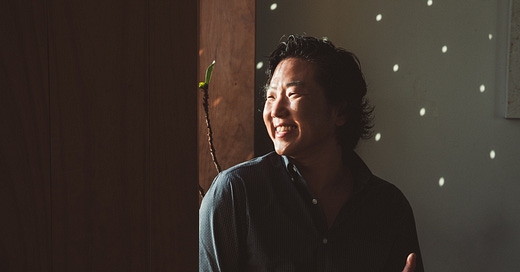




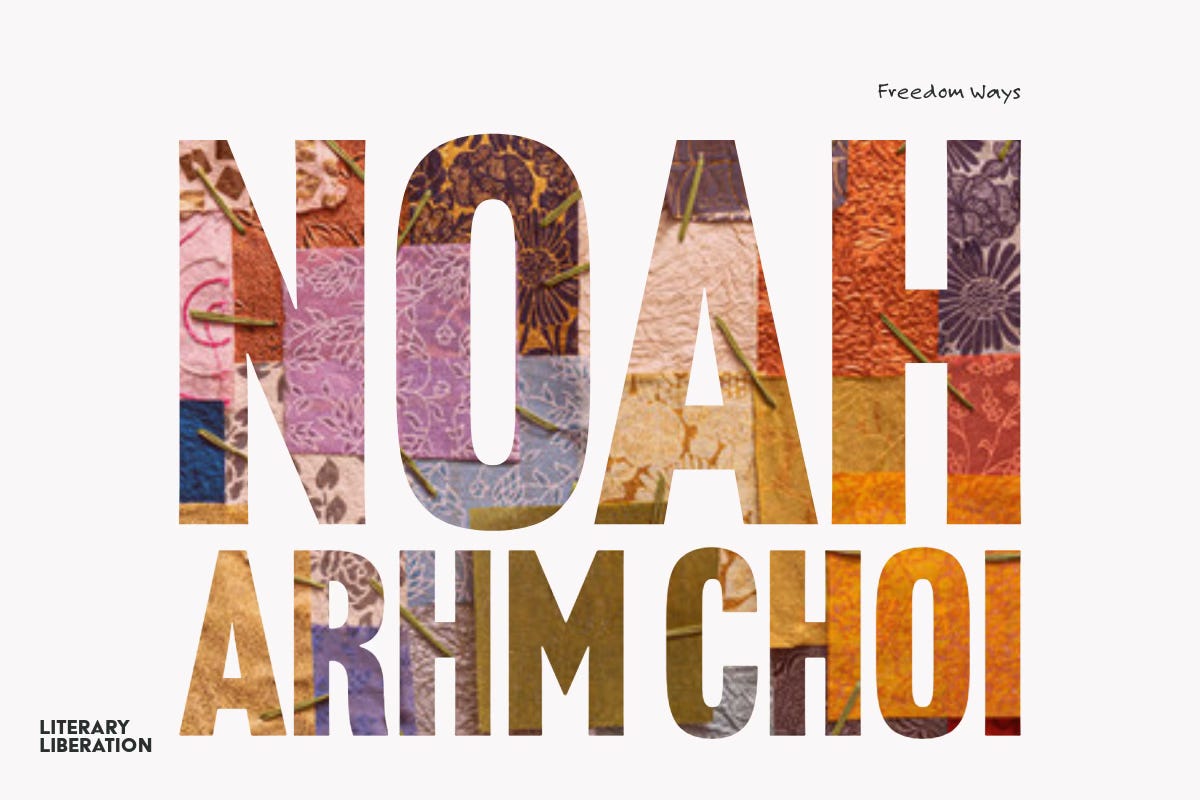

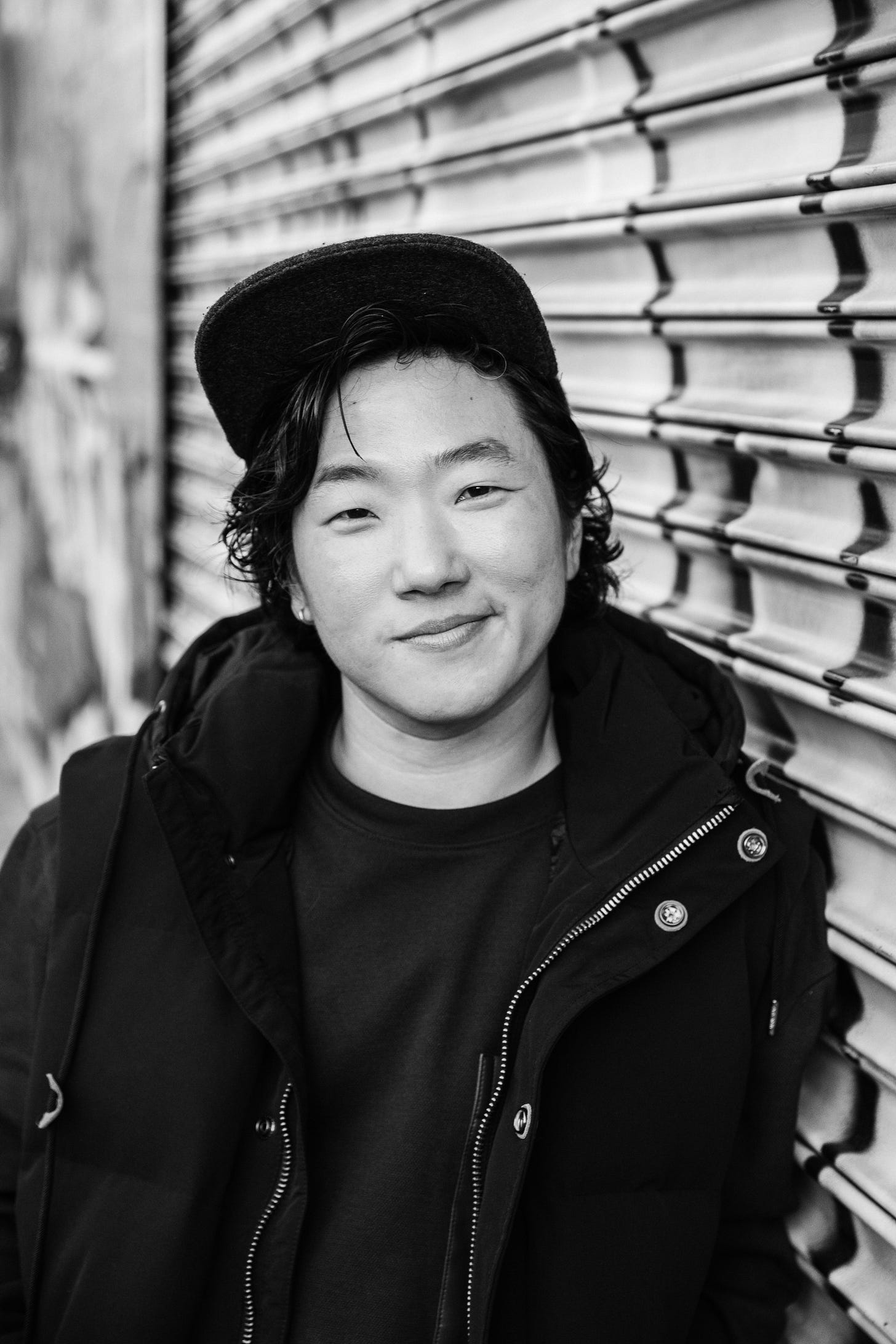
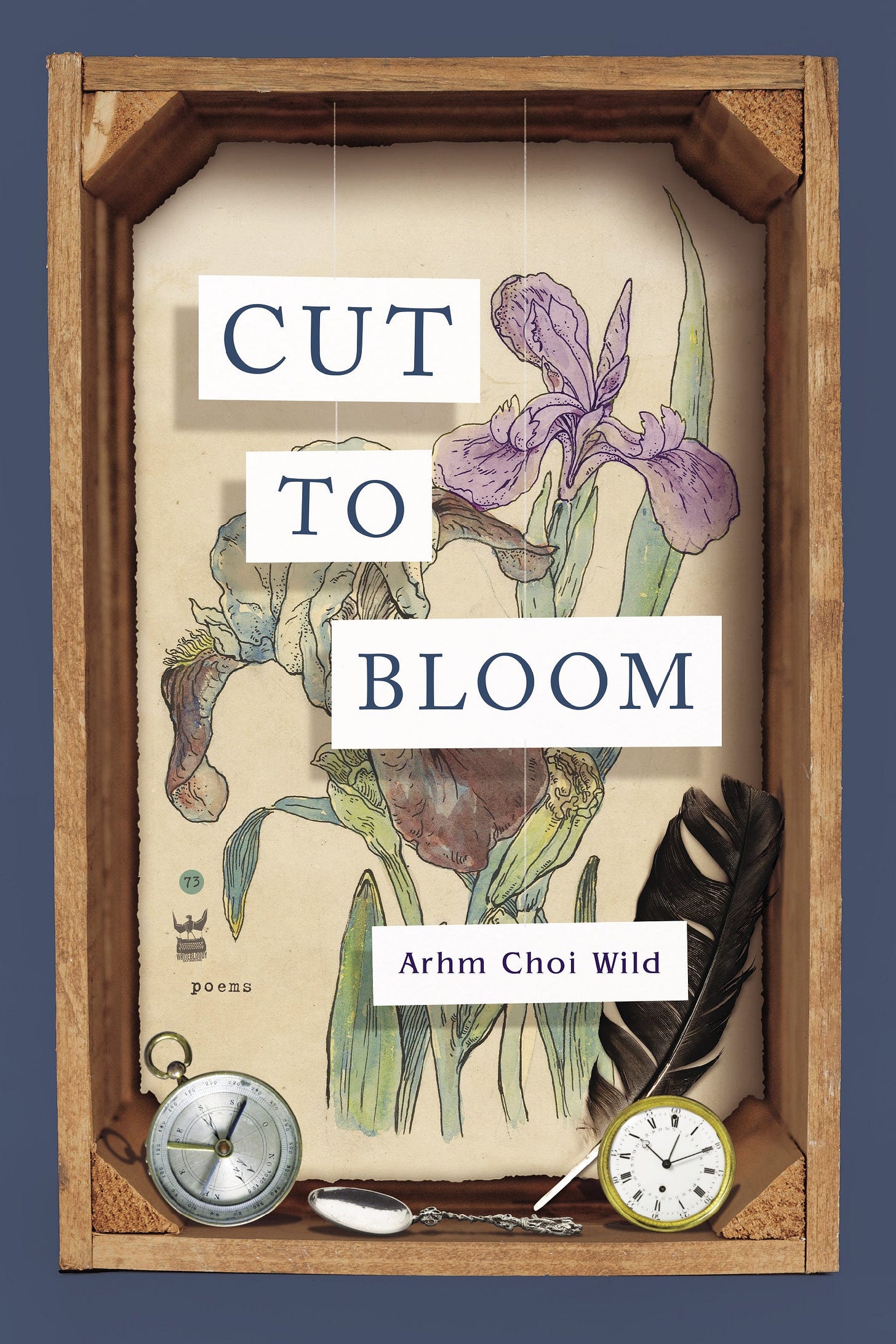
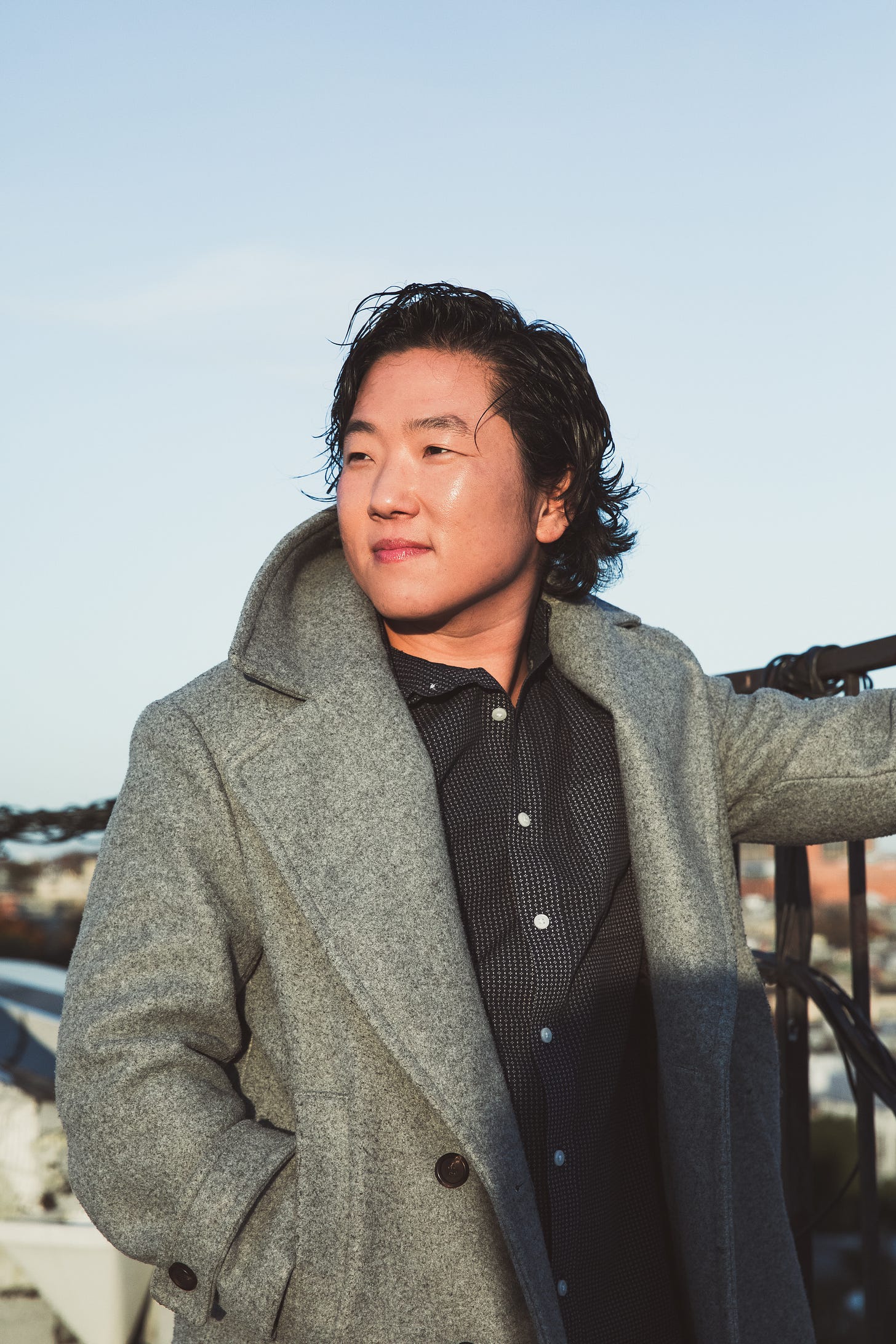
![Submissions | Writing a Liberatory Practice [A Lit Lib x Memoir Land collaboration]](https://substackcdn.com/image/fetch/$s_!gfBY!,w_140,h_140,c_fill,f_auto,q_auto:good,fl_progressive:steep,g_auto/https%3A%2F%2Fsubstack-post-media.s3.amazonaws.com%2Fpublic%2Fimages%2Fa9a39cd6-0ccd-471f-bc77-cd4e10a03dcb_1200x800.heic)
Loved every question and every answer here. Thank you.